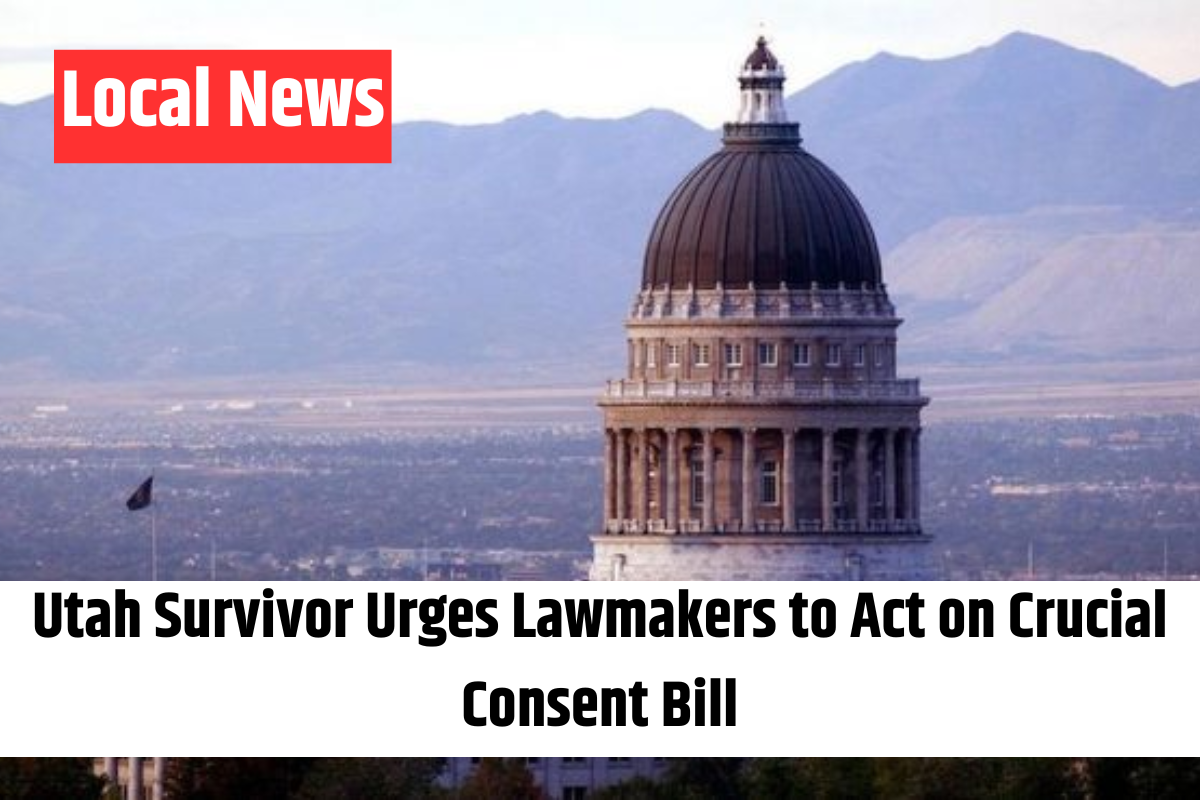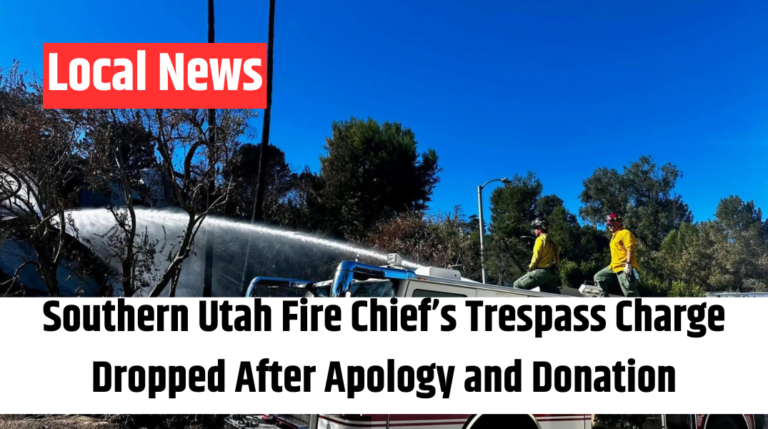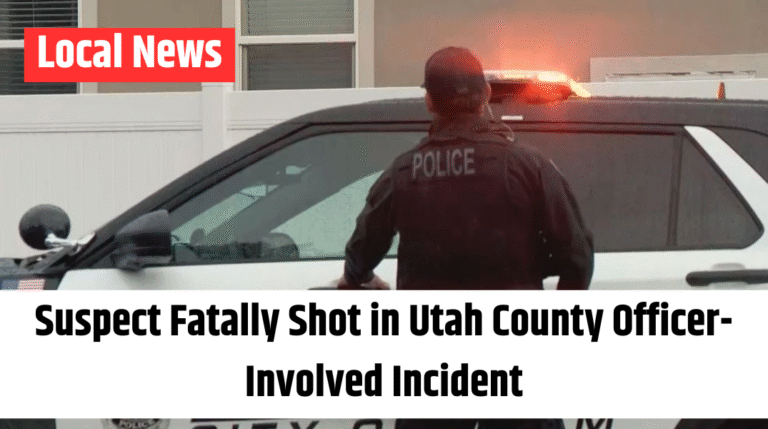
In Utah, only a small percentage of reported sexual assaults lead to rape charges, leaving many victims without justice. For years, efforts to address this issue through legislative action have faced roadblocks, but one lawmaker is determined to make a breakthrough.
Rep. Angela Romero, D-Salt Lake City, has repeatedly introduced bills aimed at refining Utah’s legal definition of consent, hoping to close gaps that make prosecuting sexual assault cases difficult. This year, she’s offering a scaled-back proposal that she believes has a better chance of passing.
A Survivor’s Fight for Change
Taryn Evans, a sexual assault survivor, has become a vocal advocate for stronger laws after her attacker avoided prison time in what she describes as a lenient plea deal. Determined to prevent similar outcomes for other victims, she has lobbied some of Utah’s most influential lawmakers.
“I told them, ‘You are making Utah a safe place for rapists,’” Evans said.
Many people understand the fight-or-flight response in traumatic situations, but another reaction—freezing—is less widely recognized. Dr. Julie Valentine, a forensic nurse and sexual assault researcher, explains that this involuntary response, known as tonic immobility, is common among assault victims.
“Our research shows that only about 10 to 12% of rape victims physically resist by punching, kicking, or fighting back,” Valentine said. “Many don’t fight back because they are afraid.”
The Problem With Utah’s Current Law
Under existing Utah law, cases where victims freeze can be challenging to prosecute. If a victim does not physically resist, defendants can argue that they were unaware the encounter was non-consensual.
To address this, Romero has proposed legislation multiple times that would criminalize situations in which a perpetrator proceeds without clear consent. However, her past attempts have failed to gain traction in the legislature.
This year’s proposal, HB377, does not create a new criminal offense but instead clarifies that “silence, lack of protest, or lack of resistance alone do not demonstrate consent.”
“I want to bring people together on this issue,” Romero said. “Too many offenders feel emboldened because they aren’t held accountable, and that needs to change.”
Ongoing Resistance to Change
Despite growing awareness of the issue, Romero continues to face opposition. The Utah Defense Attorney Association, which has opposed her previous consent-related bills, remains skeptical.
“We’ve always taught kids that ‘no means no,’ but the legal definition of consent is still not universally agreed upon,” said Steve Burton, the association’s director. “Until there’s clear societal consensus on what constitutes consent, we will be cautious about any changes to the law.”
The last time one of Romero’s consent bills was considered in the legislature was in 2021. The proposal was rejected in committee after six out of 11 lawmakers voted against it.
One of the main concerns raised in that hearing was the possibility of false reports leading to wrongful prosecutions. However, extensive research indicates that false reports of sexual assault are extremely rare—occurring in just 2% to 8% of cases, a rate comparable to false reports of other crimes.
“It’s frustrating to see lawmakers focus on concerns not backed by data while ignoring the overwhelming evidence that victims need better legal protections,” Evans said.
HB377 has been assigned to the House Judiciary Committee, and Romero hopes it will finally receive a hearing. If successful, it could mark an important step toward improving how Utah handles sexual assault cases.







